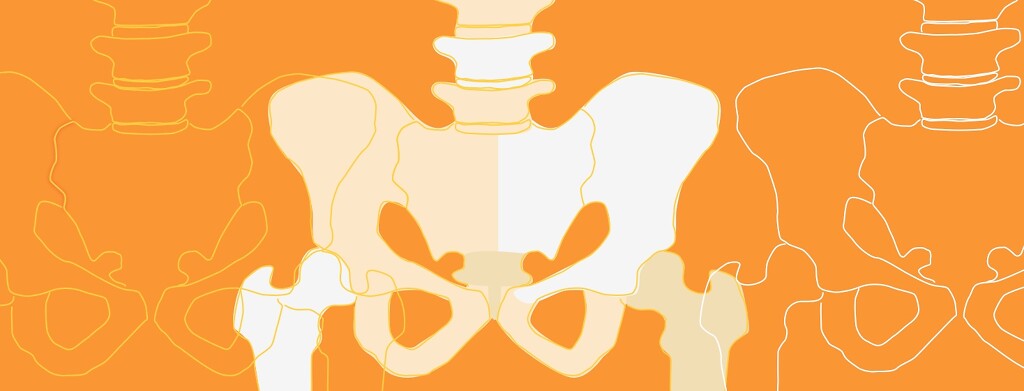Ovarian Cancer and Bone Health
Ovarian cancer and its treatment may lead to bone loss. However, a healthy lifestyle and treatments for bone loss can help keep your bones as healthy as possible. Talk with your doctor about your bone health and your options.
How does ovarian cancer affect bone health?
There are certain risk factors for bone loss, whether you have cancer or not. These include:1
- Being over the age of 50
- Being female
- Being menopausal
- Having a family history of osteoporosis
- Having a low body weight
Other factors can include poor nutrition, inactive lifestyle, smoking, and excessive alcohol use.1
Treatments for ovarian cancer can also increase your risk for bone loss. These include:2,3
- Estrogen helps to protect bone and slow down the breakdown of bone. Removal of the ovaries is often a treatment used in ovarian cancer. Without the estrogen produced by the ovaries, this can contribute to weakening the bones.
- Certain drugs act as an anti-estrogen. Even if you do not have your ovaries removed, these drugs may also weaken the bones.
- Chemotherapy may directly impact the ability of bones to rebuild. This in turn weakens them.
What are the risks of bone loss?
In most cases, people do not have symptoms of bone loss until it gets to an advanced point. This is when it may cause:4
- Severe pain
- Loss of height
- Spine malformations
- Bone fractures
Significant bone loss can cause fractures from even normal activities like bending or coughing. It can also cause fractured vertebrae in the spine.4
How is bone loss detected?
The most common test for measuring bone density is called dual-energy X-ray absorptiometry (DXA). It is a noninvasive test that uses low levels of X-rays that are passed over your body in a scanner while you lie down. It measures the bone mineral density of your skeleton. It also measures the bone density at certain sites that are more likely to fracture, like the hip and spine.4
DXA scans may also be used to monitor how treatments for bone loss are working. Your doctor may recommend a DXA scan before you start cancer treatment and afterward to monitor your bone health.5
What can I do to help keep my bones as healthy as possible?
Some risk factors for bone loss are out of your control, like your age. However, there are things you can do to help keep your bones as healthy as possible. Lifestyle behaviors include:5
- Make sure you get plenty of calcium by eating foods like milk, yogurt, and cheese.
- Get enough vitamin D. You can boost levels of vitamin D from sunlight and eating foods like salmon and egg yolks.
- Exercise regularly.
- Quit smoking. If you are having a hard time quitting, talk with your doctor.
- Limit your alcohol intake.
Talk with your doctor about how your ovarian cancer treatment may affect your bones. They may have suggestions about things you can do to help protect your bones and stay healthy.
What medicines are used for cancer-related bone loss?
If you are starting to have bone loss or are at high risk for bone loss, your doctor may prescribe certain medicines. This is to help slow down bone loss and help to prevent fracture. Drugs typically used for preventing and treating bone loss include:5
- Bisphosphonates
- Calcitonin
- RANKL (receptor activator of nuclear factor kappa-B ligand) inhibitors
- Selective estrogen receptor modulators
Talk with your doctor about whether these drugs are necessary. You can work together to find the one that may be best for you.
Do you have experience managing bone health?

Join the conversation